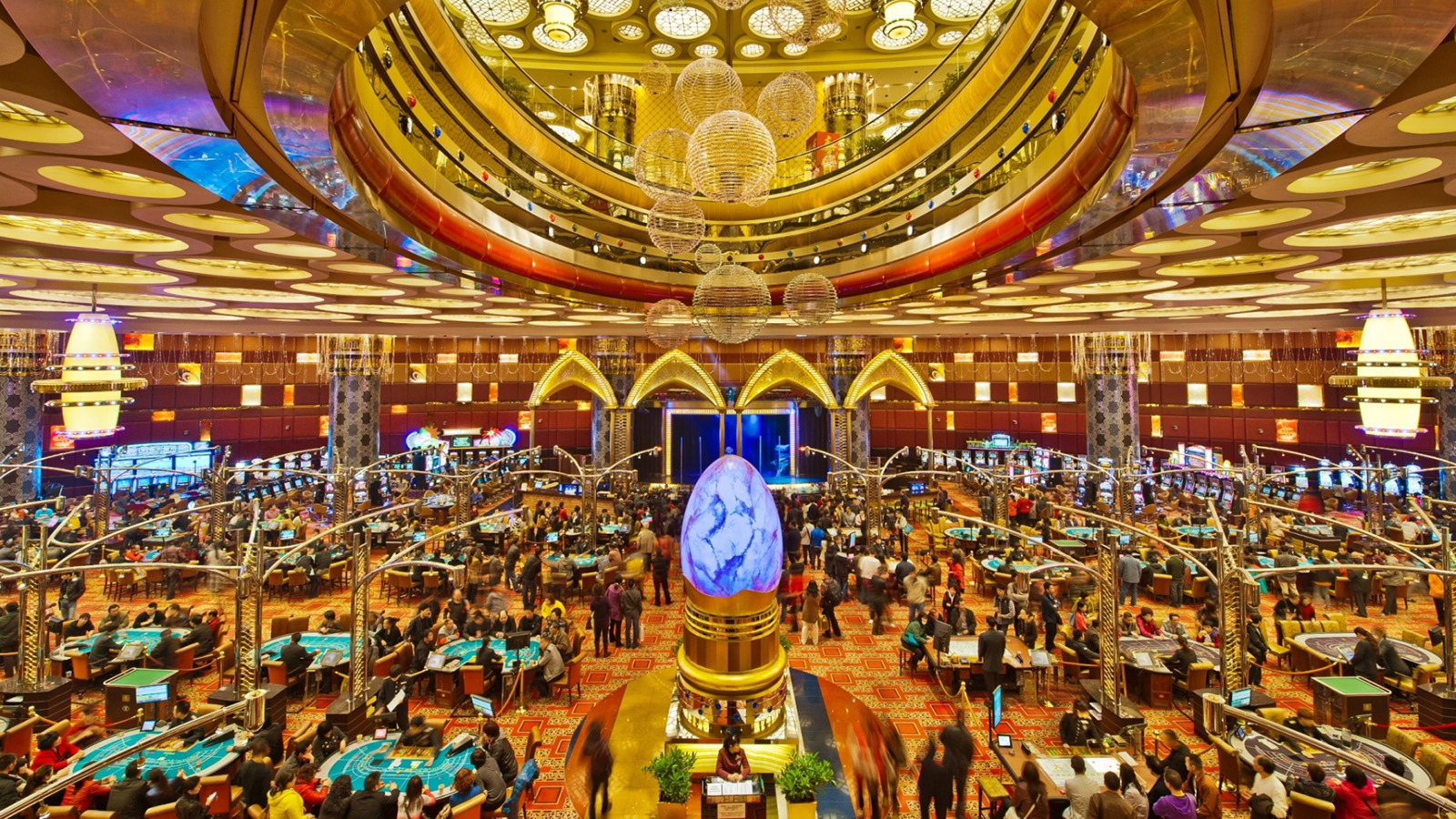
Casino games have long captured the fascination of individuals around the planet, becoming an integral part of both fun and society. From the sparkling lights of Las Vegas to the captivating experience of virtual casinos, these activities evoke enthusiasm, uncertainty, and sometimes even a sense of nostalgia. They are beyond just hobbies; they have woven themselves into the fabric of society, influencing everything from film and melodies to fashion and literature.
The appeal of casino games surpasses the betting aspect, tapping into wider themes of luck, chance, and social interaction. As players gather around a poker table or turn the roulette, they engage in an ancient ritual that resonates with our communal desire for adventure and instability. This captivation has led to the rise of many references in films, music, and electronic games, showcasing how intensely entrenched these activities are in pop culture. Whether it is the intense drama of a traditional robbery film or the lively nightlife portrayed in recordings, casino games have created a substantial niche that reflects our bond with risk and reward.
Social Impact of Casino Games
Gambling games have played a pivotal role in social contexts throughout the ages. Stemming from old civilizations, games of chance were often connected to ceremonies or events. For instance, early forms of these activities can be linked back to historic China and the Romans, where die games and wagering on results were popular pastimes. These activities not only functioned as leisure but also as methods of connecting people, facilitating connections among people within communities.
As societies evolved, so did the complexity and structure of gambling games. The establishment of official casinos in the 17th century, particularly in the Italian region, marked a major shift in how games were viewed and structured. With specific spaces for gaming, the casino became a social hub where people from various backgrounds gathered. This change contributed to the legitimization of gambling, transforming it from a mere pastime into an established industry that influenced economy and regulations.
The effect of gambling games on mainstream culture cannot be overlooked. As they were brought into the limelight in literature and movies, games such as Texas Hold’em and 21 became icons of chance, luck, and strategy. Iconic figures and narratives have emerged around these activities, illustrating societal views towards fortune, prosperity, and immorality. This fascination with casino activities has infiltrated various forms of entertainment, solidifying their status in the public imagination and linking them to wider cultural narratives throughout the ages.
Portrayal of Gambling Games in Entertainment
Gambling games have long been a popular theme in various forms of media, reflecting both the fascination and nuances of the world of gambling. Films such as Ocean’s 11 and Casino Royal portray figures who navigate high-stakes environments, showcasing not only the appeal of the casino atmosphere but also the methods and judgments that come with playing popular games like poker and blackjack. These films often dramatize the thrill of winning and the potential repercussions of losing, encapsulating the perils involved in gambling.
Television shows have also explored the world of casino games, often integrating them into the plot as a backdrop for character development and drama. Series like Vegas depict the lives of casino workers and customers, highlighting the dynamic, often chaotic energy of the gaming floor. casinos not on GamStop Reality shows featuring high-stakes betting contests further emphasize the fascination of casino games, drawing viewers into the drama and planning involved in each game. Through these representations, media not only engages but also stimulates conversations about fortune, expertise, and the essence of randomness.
Video games have increasingly incorporated casino games into their structure, allowing players to simulate the experience of betting without monetary loss. Games within the domain of digital gaming often include online slot machines, online poker, and other casino favorites, creating an interactive experience that mirrors real-life gameplay. These digital representations make casino games accessible to a global audience, appealing to both gamblers and those who enjoy the thrill of virtual experiences. As a outcome, the portrayal of casino games in entertainment continues to shape societal views and cultural significance, highlighting their place in entertainment and social context.
Effect of Gambling Activities on Communities
Gambling activities have a significant effect on communities, affecting multiple aspects of societal norms and interpersonal behavior. They often serve as a venue for social interaction, where people gather to enjoy a common activity. Game nights with friends or visits to casinos become group events that build connections and create memories. This collective aspect boosts the entertainment value of casino games, making them a popular choice for festivities and leisure activities.
Moreover, gambling activities have been depicted in countless movies, TV series, and written works, shaping views and opinions towards gambling and betting. Icons like James Bond playing baccarat or the high-stakes poker scenes in films have cemented these games in the shared imagination. This depiction often glamorizes the lifestyle associated with casino activities, attracting new players and impacting trends in both style and conduct. These representations can ignite curiosity and lead to a deeper exploration of the intricacies of gaming.
However, there are also adverse consequences linked to the popularity of gambling activities. The temptation of quick monetary gain can lead to problem gambling and financial troubles for some people. The community must contend with these issues, advocating for responsible gaming and awareness of the risks involved. Finding a balance between the fun aspect of gambling activities with the potential for harm is crucial to ensure that they remain a positive aspect of our societal fabric.
